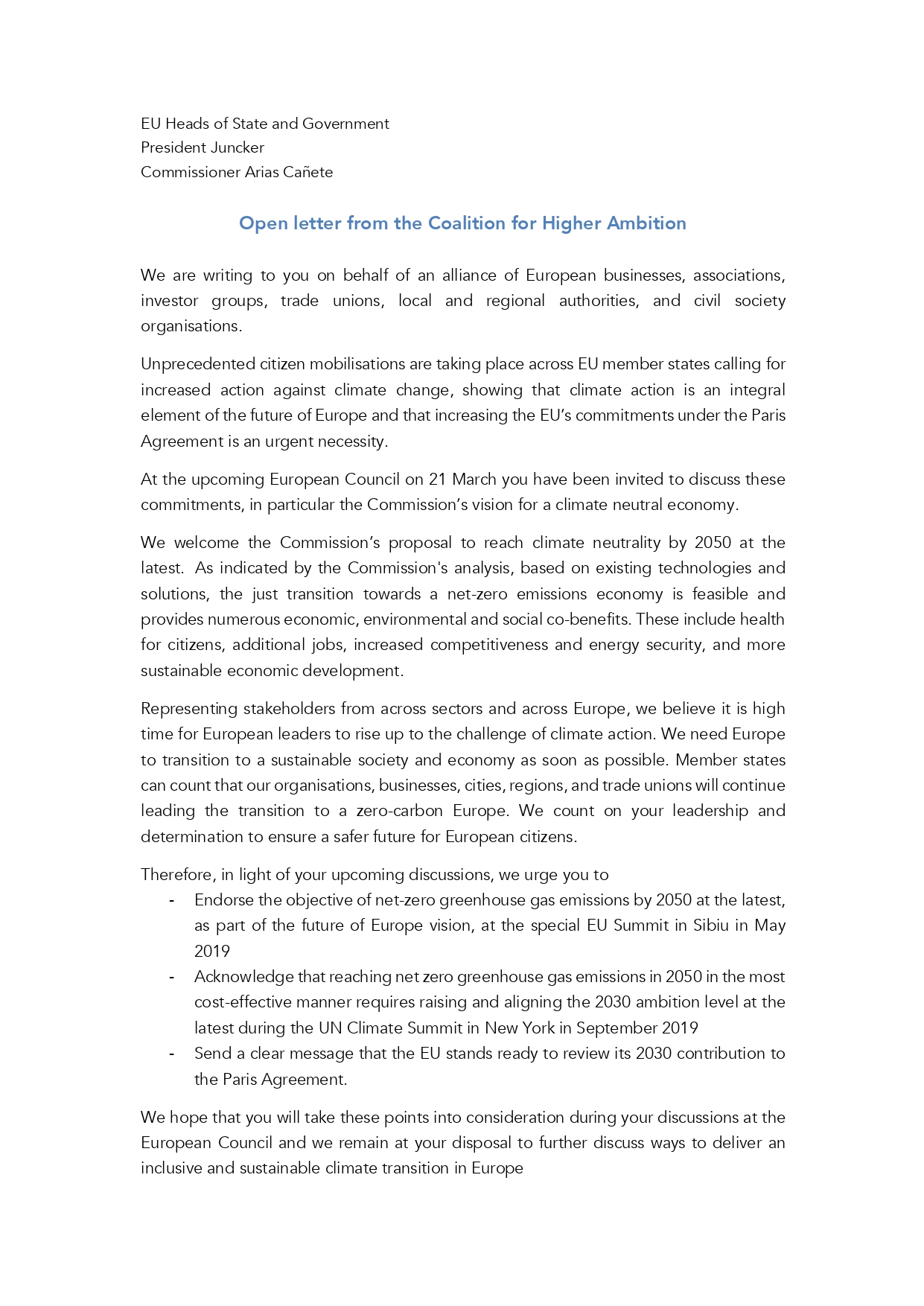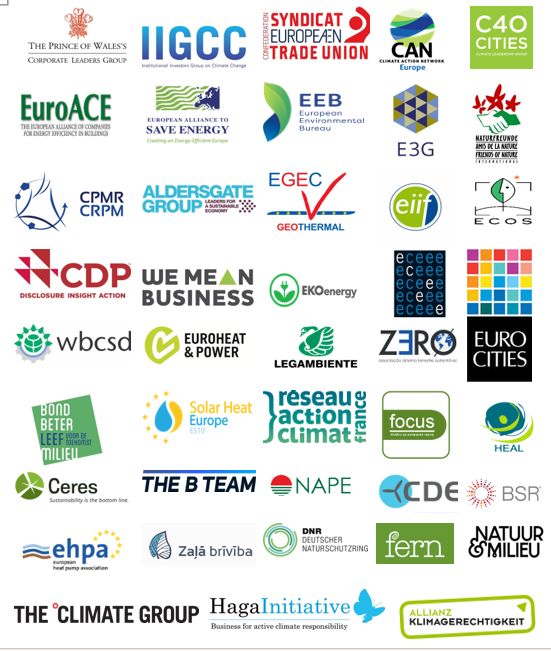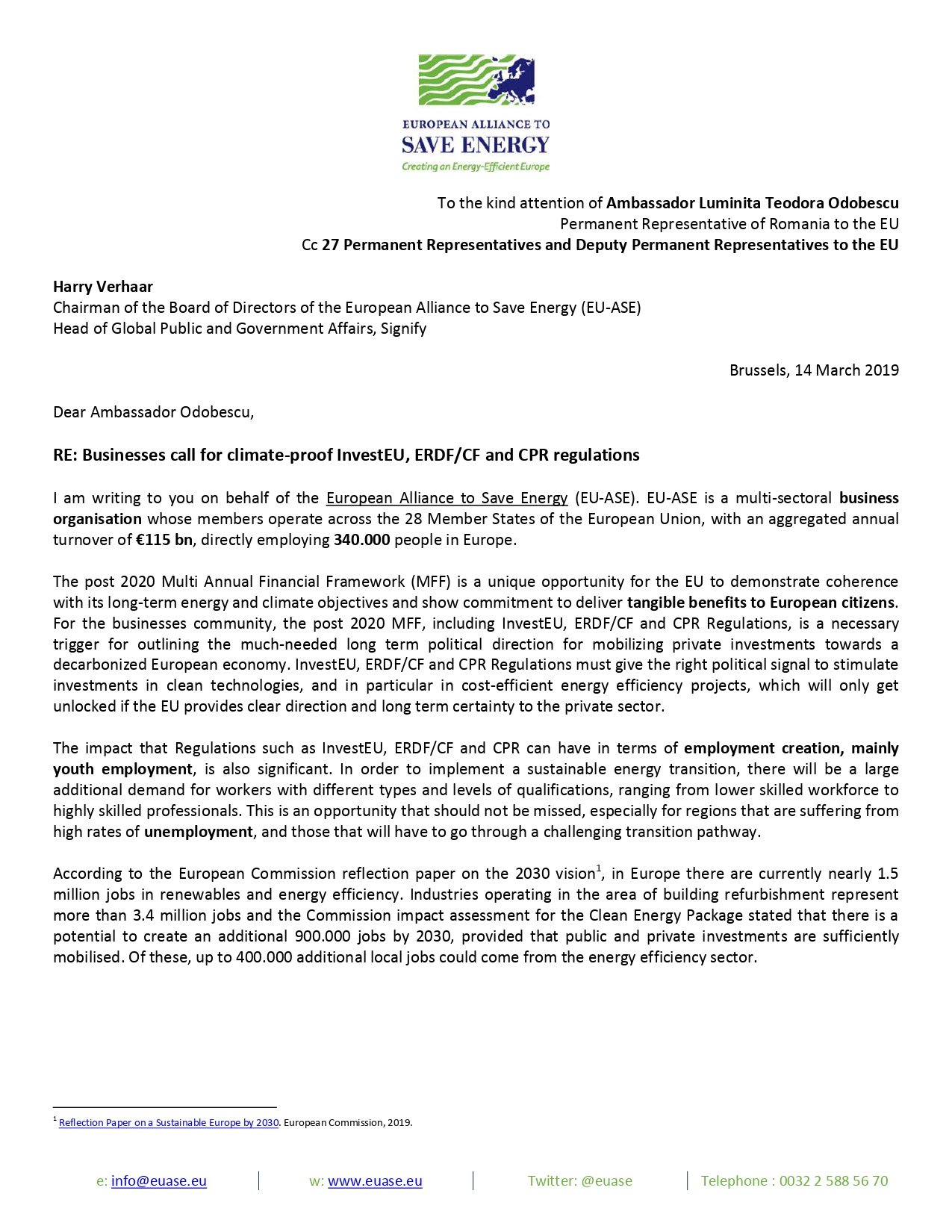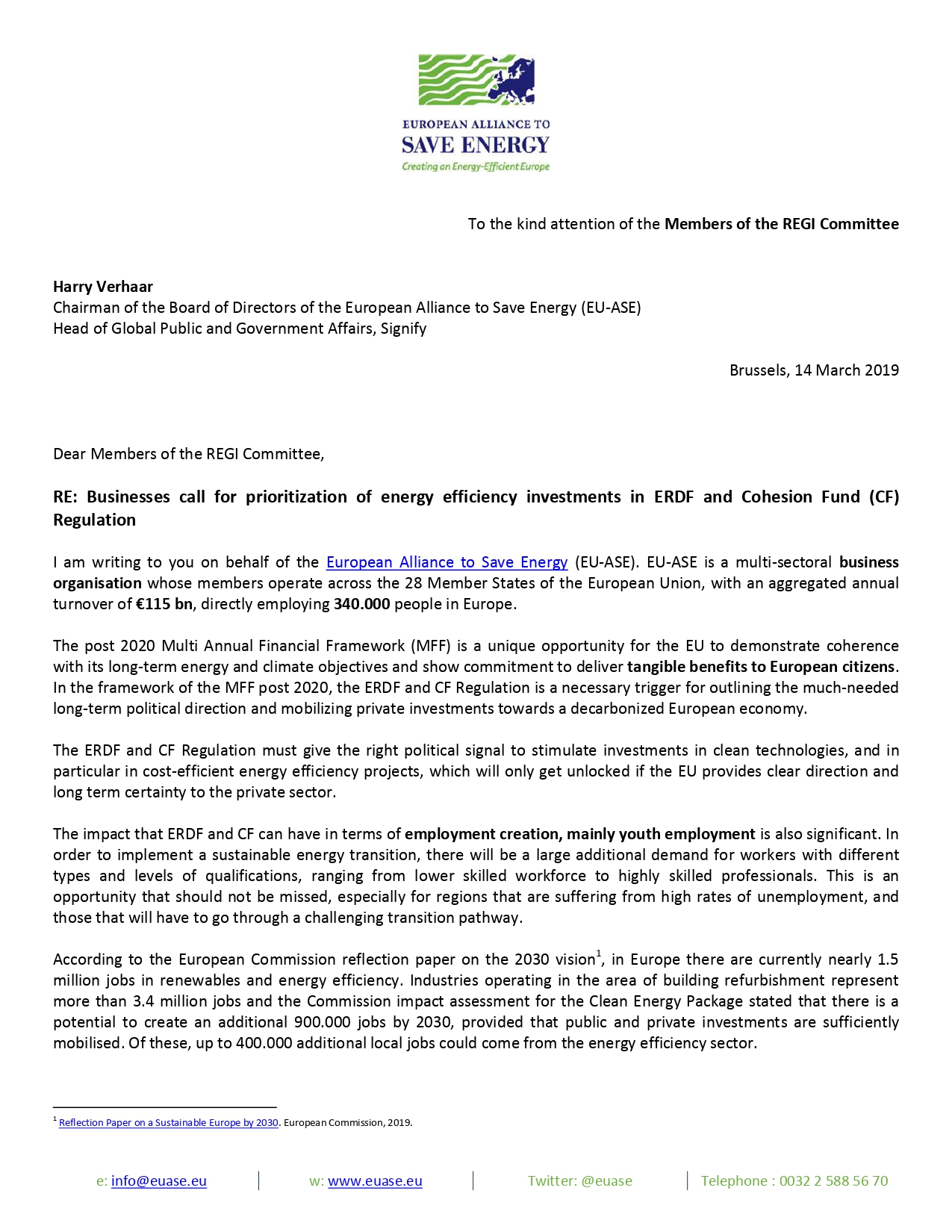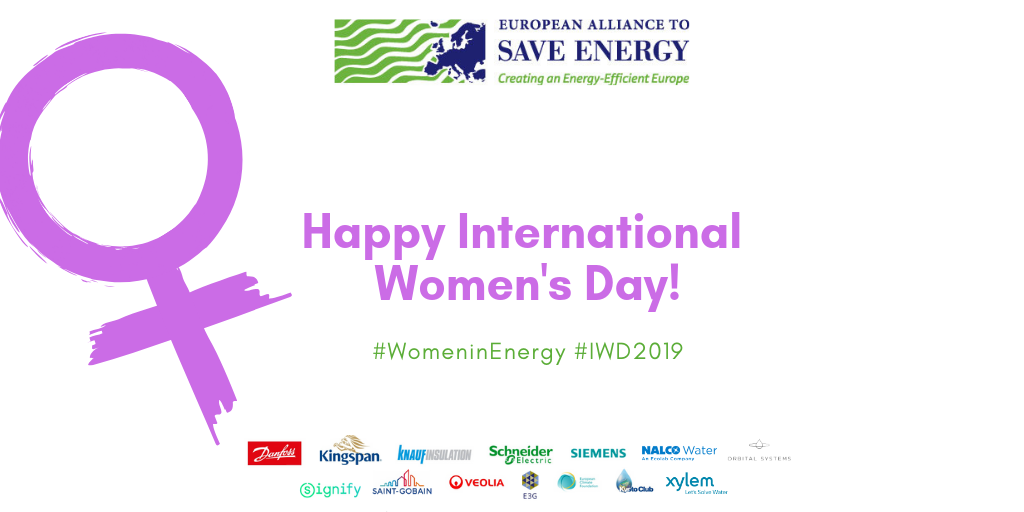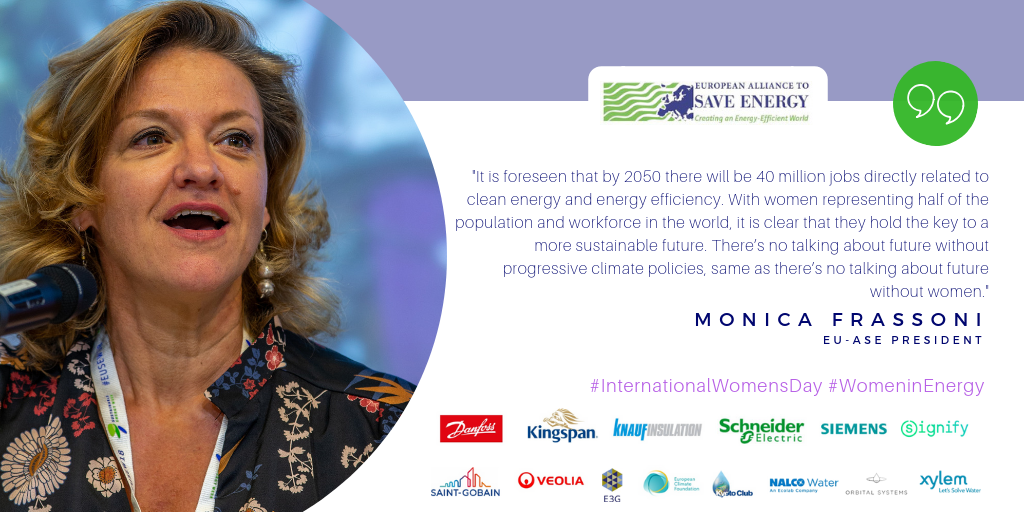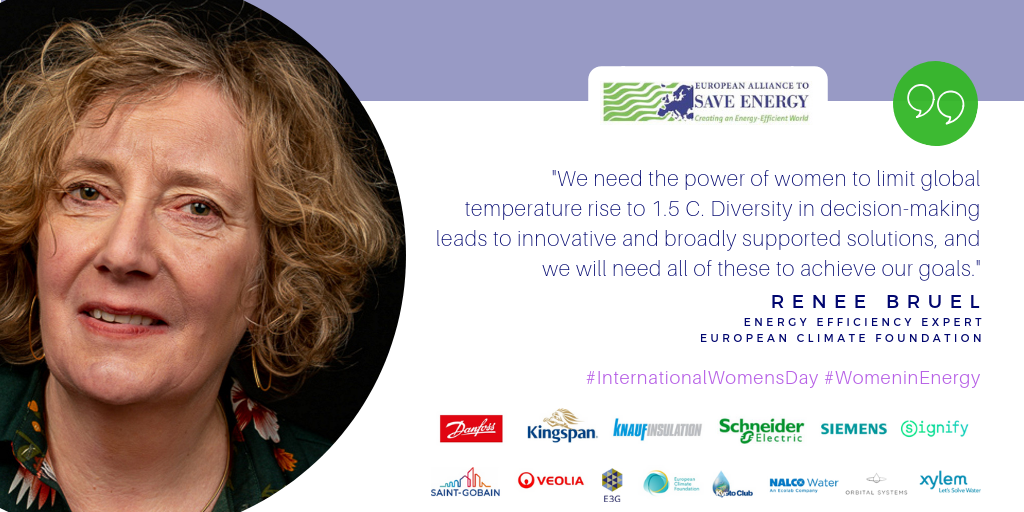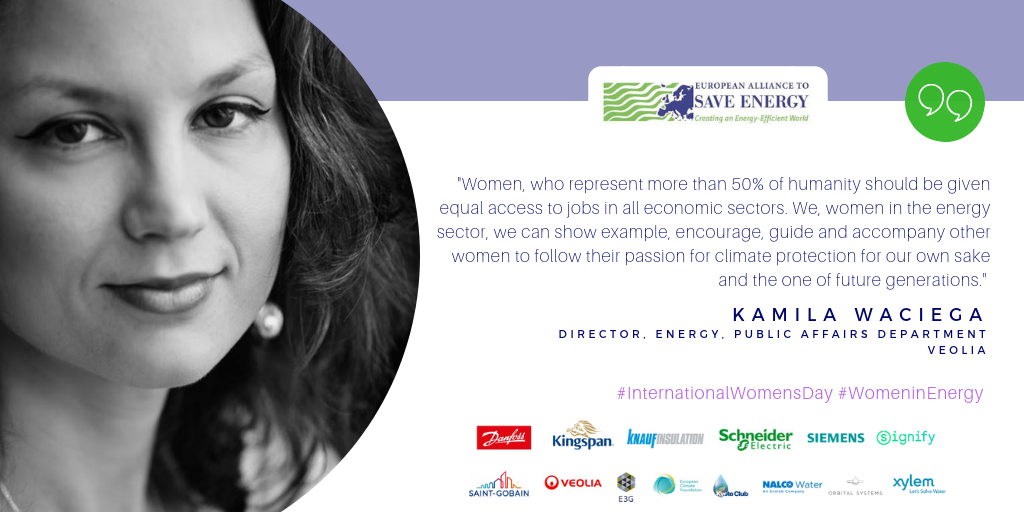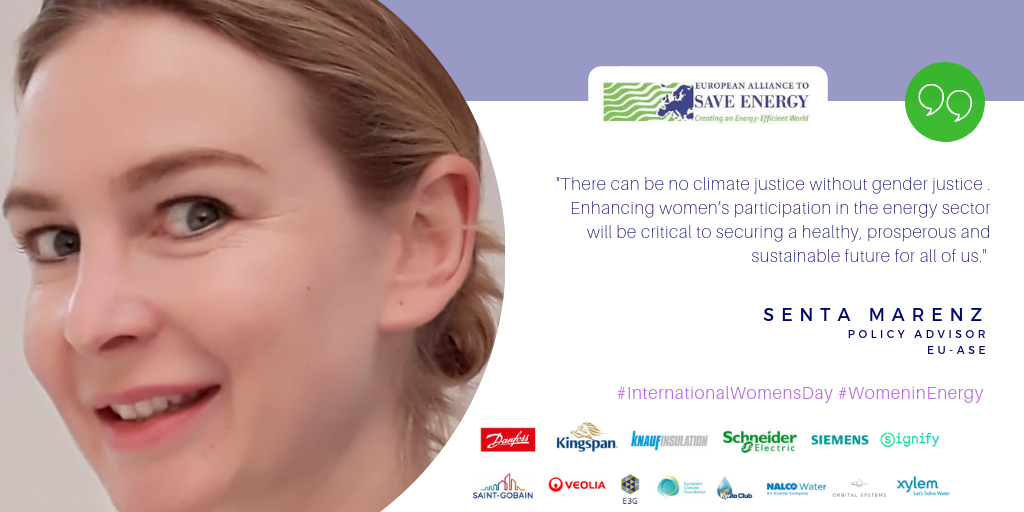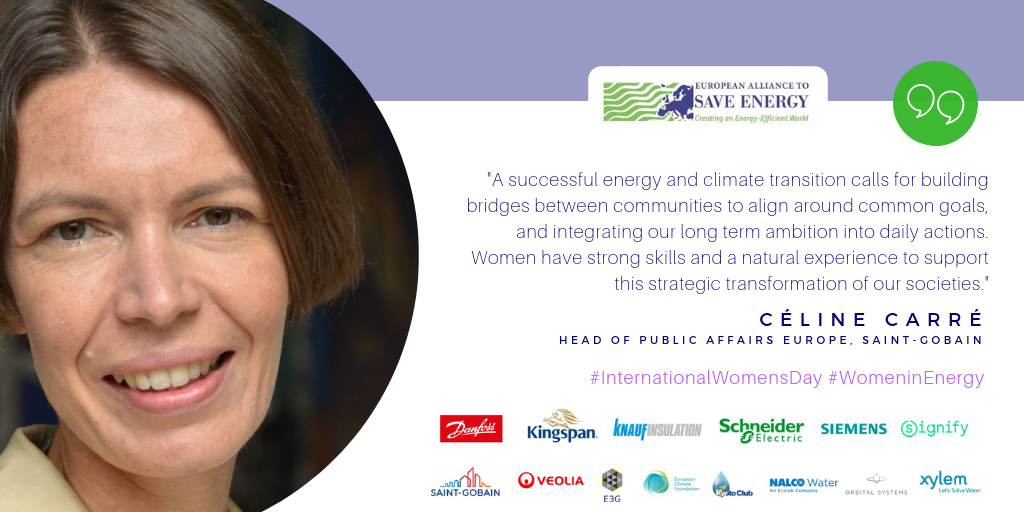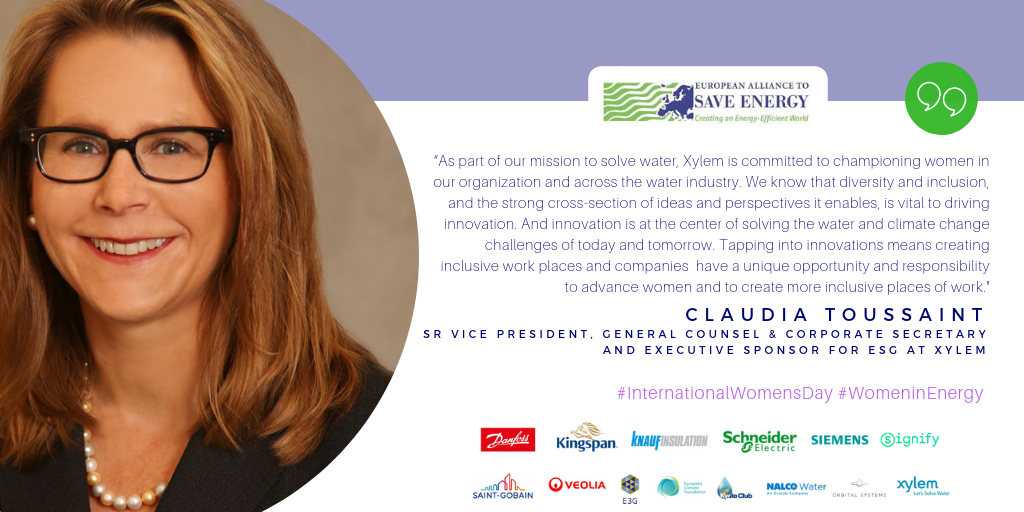Position on Fitness Check on the Water Framework Directive

EU-ASE is grateful for the opportunity to submit a response to this public consultation and welcomes the European Commission’s initiative to undertake a Fitness Check on the Water Framework Directive and the Floods Directive. EU-ASE believes that these REFIT Evaluation provide a timely opportunity to understand how these well-established legislations should be updated in light of the European long-term energy and climate strategy and increasing demands on Europe’s water resources.
The 2012 Blueprint to Safeguard Europe’s Water Resources identified several gaps in the EU’s water policy agenda including the need to integrate a water dimension into other EU policies in order to address all aspects of water use and consumption.1 One of the important themes identified in the Water Blueprint is water efficiency and resiliency which looks beyond specific water quality issues to address more broadly issues of water quantity and water use. Taking such an approach is even more important in today’s context of increasing water stress and competition for water resources amongst a growing population and the needs of agriculture and industry.
The REFIT evaluation offers an opportunity to consider water policy in terms of the EU’s sustainability agenda, including the circular economy principles and energy and climate considerations. In this regard, principles of sustainable water management should be mainstreamed across all EU policy making and in particular with regard to more refined guidance that promotes water treatment, distribution and usage, as well as energy efficiency.
As energy plays a key role in production, transfer, distribution and treatment of water and wastewater, it is necessary to optimize its usage to increase the level of sustainability and to minimize specific costs. We consider that the EU has much to gain from considering the “energy-water nexus” in all EU policies, both in terms of making Europe’s waters more resilient and in terms of supporting Europe’s energy efficiency objectives. Accordingly, we encourage the Commission to look closely at these areas in its REFIT evaluation.
On this basis, EU-ASE would like to make the following comments to support the Commission in its ongoing work.
Sustainable water management
The Water Framework Directive has its main objective to protect freshwater sources. According to the report of the European Environmental Agency2, Europe’s waters are affected by several pressures, including water pollution, water abstractions, droughts and floods. The same report considers sustainable water management as a critical element to ensure healthy and resilient ecosystems.
With increasing pressures on freshwater resources it is estimated that by 2030, global water requirements would grow from 4500 billion m3 today to 6,900 billion m3. This is 40% above the current accessible, reliable supply.3 At an EU level, it is estimated that water stress and scarcity will likely affect half of EU river basins.4
At the same time, however, water resources are being lost as a result of leakages in distribution networks and inefficient water technologies. All this is a significant cost both from a financial and resource perspective. At present, around 24%5 of all treated water in public water supplies is lost within the distribution network as a result of leakage. In some municipalities, this figure rises to 60%. This means that around one quarter of the drinking water for the public must be treated again to enable access to clean drinking water for human consumption, adding to the high energy consuming profile of the drinking water sector.
In this context, the sustainable water management encapsulates activity at several levels: the minimization of water usage through technological and systemic efficiencies, the elimination of water and waste water leakages in the distribution systems to reduce water abstraction, the digitalization and use of real-time data to measure water consumption and use for critical analysis, the optimization of energy performance of industrial processes and wastewater treatment, rain water management through green infrastructure and innovative solutions such as the recirculation of domestic water to reduce water and energy consumptions in households.
Furthermore, in order to contribute to a more sustainable management of water, we suggest updating monitoring rules of the Water Framework Directive in line with technological innovations available on the market, including intelligent sensors, network and digital solutions.
The ‘Energy-Water’ Nexus
The role of energy in the EU water policies and the role of water in the energy sector are issues which have been so far widely neglected. The water and wastewater sectors account for 3.5 % of electricity use in the Union, and this share is expected to rise in the future.6
Reducing energy waste in the water policies makes economic and environmental sense as it delivers tangible, multiple and collective benefits to European citizens and businesses and should be a priority for an update of the Water Framework Directive. This update should include specific linkage to EU energy efficiency legislation and opportunities to promote energy and water saving solutions.
The replacement of the old infrastructure with energy efficient solutions can be achieved at a positive return on investment when considering the energy savings over the life time of the new products and systems7. As such, the EU Member States should provide policy and financial incentives to enable industry to take action.
In the perspective of promoting energy efficient solutions, the water sector would also benefit from adopting public procurement rules based on the full cost of ownership and not just on the up-front capital investment of the solutions and systems that are specified. The REFIT of the water framework directive is an opportunity to support sustainable investments by linking in the Green Public Procurement Directive.
In conclusion, EU-ASE believes that applying sustainable water management and energy efficient measures, can lead to a more sustainable water management that is in line with the Sustainable Development Goals, the Paris Agreement objectives on climate change and the urgent path towards climate neutrality by 2050 at the latest.
We hope that the comments above can be useful in the debate surrounding these REFIT Evaluations.
We remain at your disposition for further discussion and to answer questions on this important topic.
[1] Opinion of the European Economic and Social Committee (15 June 2011) on the Integration of water policy into other EU policies
[2] EEA Report No 7/2018 – European Water Assessment 2018, European Environment Agency.
[3] Charting our water future, 2009, 2030 Water Resources Group.
[4] Report on the Review of the European Water Scarcity and Droughts Policy , 2012, European Commission.
[5] World Energy Outlook 2016, chapter 9: Water – Energy – Nexus. International Energy Agency
[6] Ibid.
[7] Powering the Wastewater Renaissance. Upgrade an industry and cut global emissions in half … at neutral to negative cost, 2015, Xylem Inc.

